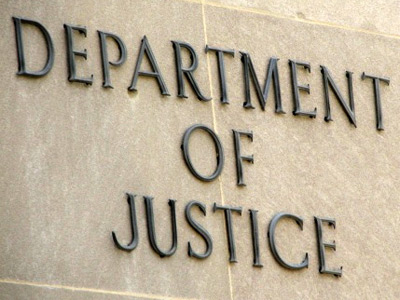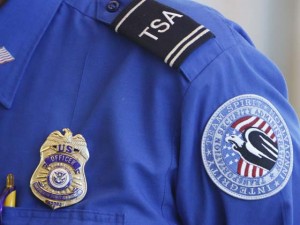
DOJ Charges 371 People over $836M in Alleged COVID-19 Fraud
The Justice Department has charged 371 people in a nationwide crackdown on fraud related to COVID-19 aid, targeting more than $830 million in stolen coronavirus funds, the agency announced in a news release Wednesday.







